The Unschooler’s Snarky Mary-Sue Review
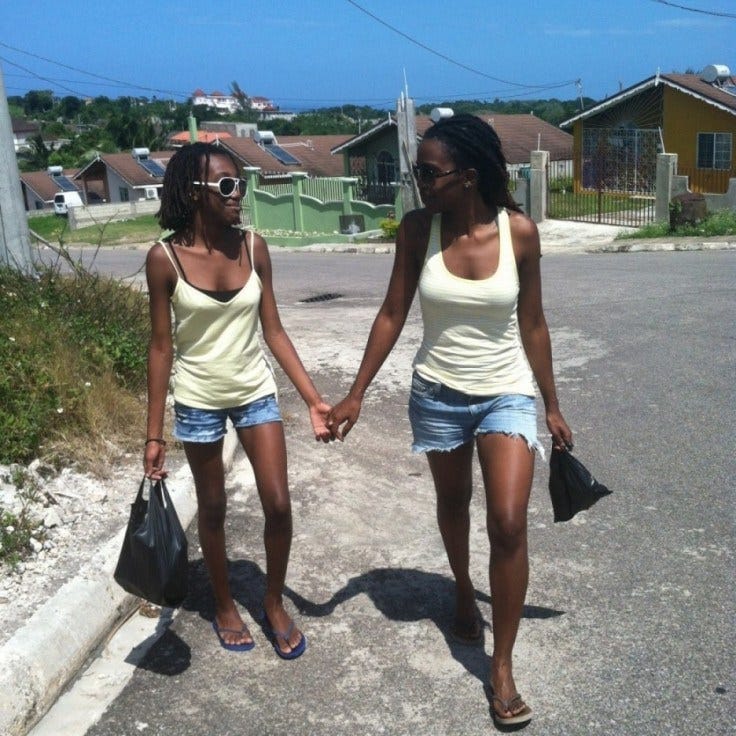
Who knew motherhood was so deeply connected to self-discovery? It has led me down the unconventional paths of unschooling (curiosity led, curriculum-free learning) and location independence (a work-life design of digital-based jobs and short-term, multi-city living). That combination, though perfect for us, is weird enough for the world. Add the fact that we’re Black and Caribbean, and you’ve got all the makings of Purple Unicorn status, both culturally and socially.
As Black unschoolers and digital nomads (a popular synonym for location independent people) my husband, Kris, and I often find ourselves on the defensive side of casual conversation. We field stereotype-laced concerns of ill-mannered kids who don’t respect their Mamas and eat junk food for all their meals. People “worry” about our daughter’s (ages 11 and 9) futures, and seem so very comfortable warning us about the caveats of giving children too much freedom and not enough “real” education.
Unsolicited advice and strangers’ side-eyes aside, our lifestyle allows our daughters to define themselves in ways that traditional schooling would not. They get to practice autonomy and self-governance in the safe space of our home and in the real world. They design their own days, and are not tethered to a pre-defined curriculum that dictates what they “should” know. They also get to be with other young people based on interest and organic connection, and not age group and geographic circumstance. We travel often and our daughters are digitally savvy (which kid today isn’t?) so they’ve got friends all over the world and many of them aren’t in their age group.
But our lifestyle doesn’t immunize us from traditional parent-child struggles for autonomy, self-expression, and understanding. It’s an ongoing practice, and Kris and I try to face it with big doses of reality and respect (for our daughters). However, this one instance with my oldest daughter’s first “Mary Sue review” had me all up in my feelings and super nervous about her idea of self-expression.
Earlier this year, Marley wrote her first Mary Sue review (No worries, I’ll tell you what that is in a sec). I was stoked that she wanted to start sharing her perspectives by practicing creative writing, however, when I read her draft, I was beside myself — it was so very snarky!
A Mary Sue is part of a massive subculture where fans of characters in popular geek culture (or just characters they like) create their own Original Characters (referred to as OCs). Mary Sues are sometimes (though not always) way-too-perfect characters considered to be the flawless version of the OC’s creator. A Mary Sue is often impossibly beautiful, with an overly dramatic back-story, and is the love interest of any important male character in a story. In the fandom, they loathe Mary Sue OCs, therefore detailed Mary Sue reviews are plentiful and characteristically (admittedly through the biased lens of a parent) very mean spirited. Do a web search for “mary sue review” to see what I mean.
Marley’s review, like so many other OC reviews, was steeped in mean girl energy, doling out verbal jabs to the OC’s creator for not knowing “the rules” of fan fiction in the world of anime. Terms like “visible sigh” “facepalm” and “seriously though” peppered the page and had me writhing in discomfort.
Sure, she’s free to express herself, but not without consideration for the people to whom she’s communicating. That’s not about self-expression, that’s mean-spiritedness, and Kris and I simply weren’t having it.
I had to bring her back to herself, and my method was part gentle nudge, part firm yank. I started by asking her the purpose of her review. My intention was to help her see that if she set out to educate her reader on the correct way to create OCs for the fandom, then her review wouldn’t do that. Instead, it just punished them with snarky comments and empty criticisms that might make them feel bad for not knowing what she knew.
We tried not to make Marley feel bad or wrong for writing what she wrote, either. Instead of dissecting her review — because to her that would feel like bashing — we used concrete examples she could relate to. We asked her how she would feel if a professional soccer player came to one of her training sessions and started yelling out all the things she was doing wrong. “OMG, who would kick like that?” Why would anyone not make that pass?!” We leaned in, and by her facial expressions, we knew she got it.
We listened to her opinions and made it a point to reiterate our understanding of snark as the general, pervasive undertone of most of the reviews, but that this didn’t obligate her to following that trend. She understood. And we knew she understood when she invited us to offer insights on how to shift her review to be more informative and less berating.
A few days later, she rewrote her review and shared the revised version with Kris and me. Honestly, it still made me cringe a bit, but I was happy to find a safe space between what I know (context and experience) and what she wanted (to explore and express). I’m glad to say that her subsequent reviews have been low on snark and high on considerate perspective. Purple unicorns for the win, Baby!
Originally published at www.radicalselfie.com.

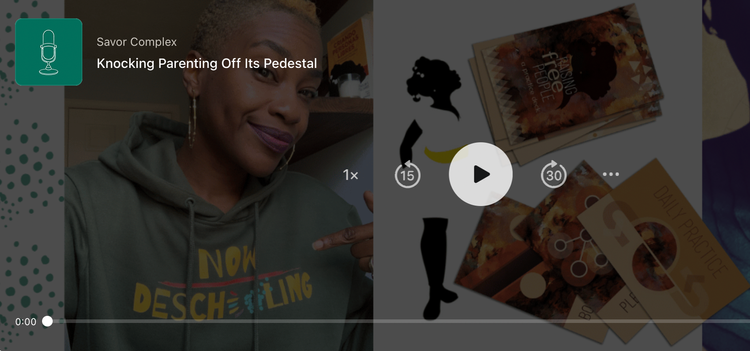
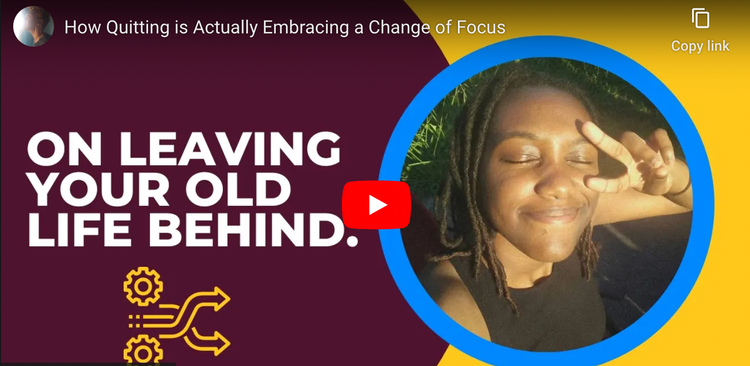
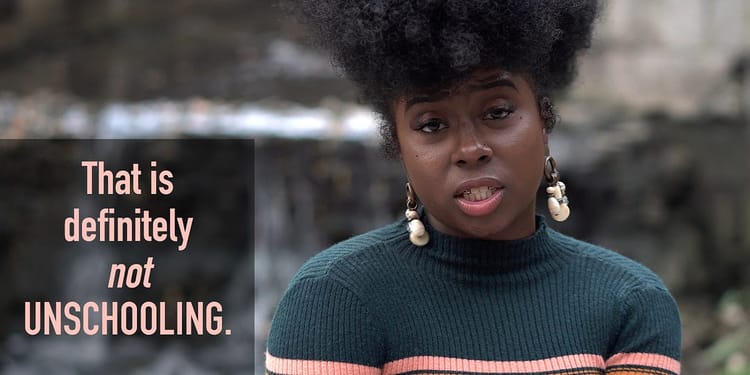
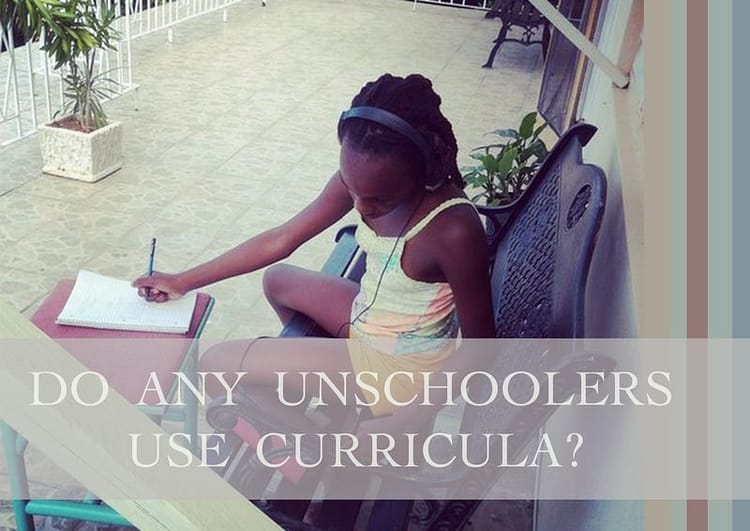

Member discussion